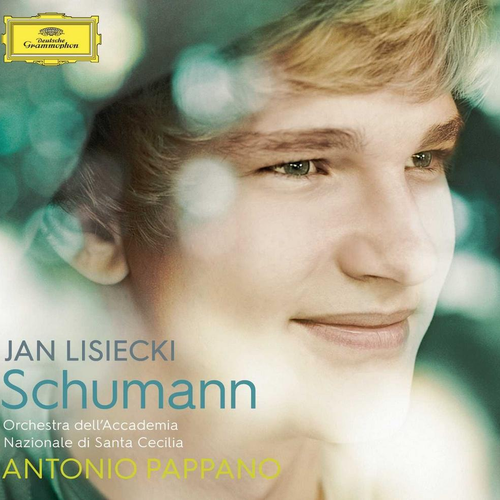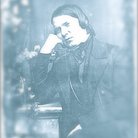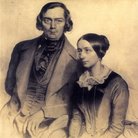Schumann's Major Musical Contemporaries
Classic FM guides you through the leading figures of Schumann's age whose names have faded with time.
Sir William Sterndale Bennett (1816-75)
His name has faded but in his day Sterndale Bennett was a child prodigy and a major musical figure. Much of Sterndale Bennett’s slender output has been recorded but little of it, sadly, has transferred to the concert hall. His name, like most of his music, has been forgotten, yet during his lifetime he was the most famous English musician of his generation.
His early career saw him compared with Mozart. He was born in Sheffield but lost his musician father when he was three and was raised in Cambridge by his grandfather. At eight he was a choirboy at King’s College, at 10 he was studying at the Royal Academy of Music and at 17 was taken up by Mendelssohn who had heard him play his Piano Concerto No.1.
Mendelssohn invited him to Germany "not as my pupil but as my friend". Here he became part of the Mendelssohn- Schumann circle in Leipzig, dazzling audiences with his piano playing and compositions. Schumann described him as "a thorough Englishman, a glorious artist, and a beautiful and poetic soul" and dedicated his Études symphoniques to him.
Teaching and administration took him away from composing later in his life. He became principal of the Royal Academy of Music in 1866 and was knighted in 1871. When he died four years later he was buried in Westminster Abbey, a measure of his fame and importance.
In Brief – A Distinctive Voice
If London was Sterndale Bennett’s home after 1840, Leipzig remained his musical home. Works like his five piano concertos (No.4 was once hugely popular), overtures The May Queen, The Naiades, and The Wood Nymph, his Piano Sextet and Symphony in G minor are imbued with the spirit and craftsmanship of Mendelssohn but still have a distinctive voice that make them well worth investigating.
Niels W.Gade (1817-90)
Gade was the first Danish composer to make an impact on his country’s music and become widely known outside Denmark. He was much influenced by native folk song and is generally regarded as the founder of the Scandinavian school of composition of which Grieg, Nielsen and Sibelius were to be the leading exponents.
His father was an instrument maker and Gade had early lessons on the guitar, piano and violin. Eventually settling on the latter, he joined the Royal Danish Orchestra and began to have some success as a composer, notably with his concert overture Echoes of Ossian (1841). The Danish king awarded him a stipend to study abroad.
Like Sterndale Bennett, Gade ended up in Leipzig as a friend and pupil of Mendelssohn, eventually becoming his assistant conductor at the Gewandhaus and taking over as chief conductor after his death.
At the outbreak of the war between Denmark and Prussia in 1848 he returned to Copenhagen where he established the Copenhagen Music Society, co-founded the conservatoire and was widely acknowledged as the most influential musician in the country.
In Brief – The Spirit Of The North
You can hear in his pleasant, well-crafted eight symphonies, violin concerto, songs and piano pieces the indebtedness to Mendelssohn and Schumann, the spirit of the north, the infusion of elements of Danish folk melodies but not the passion and inspiration of, say, Berwald, Grieg or Nielsen.








